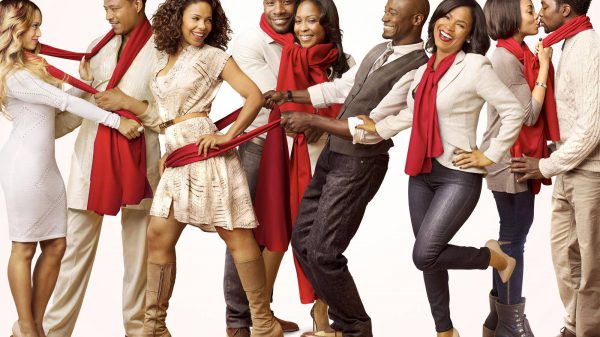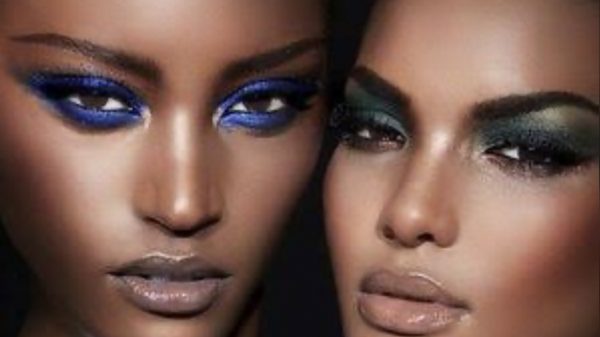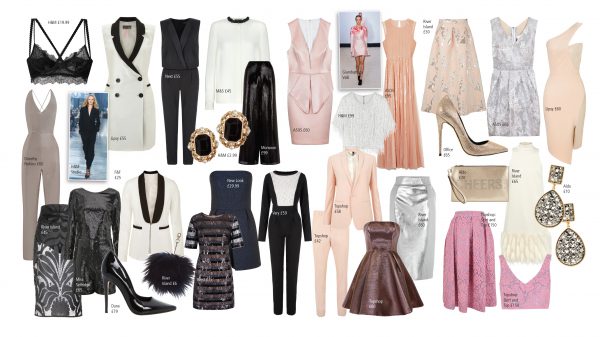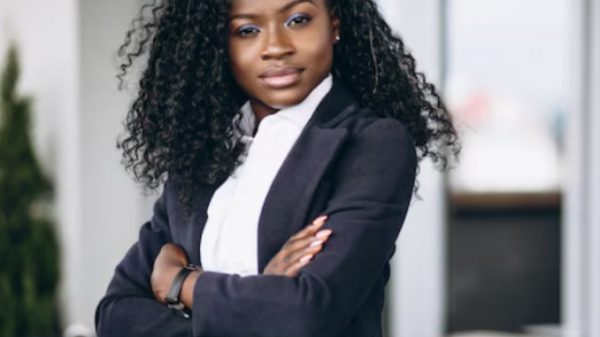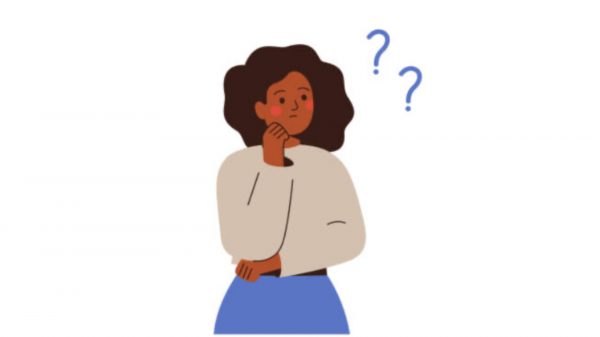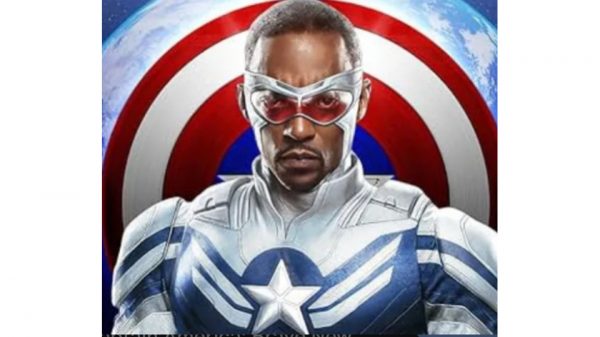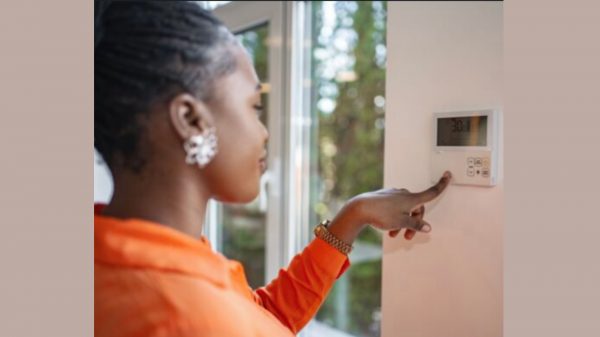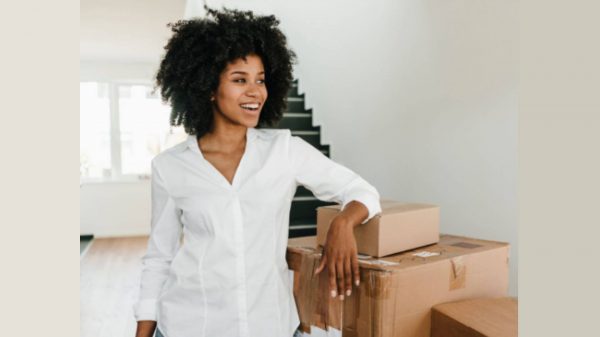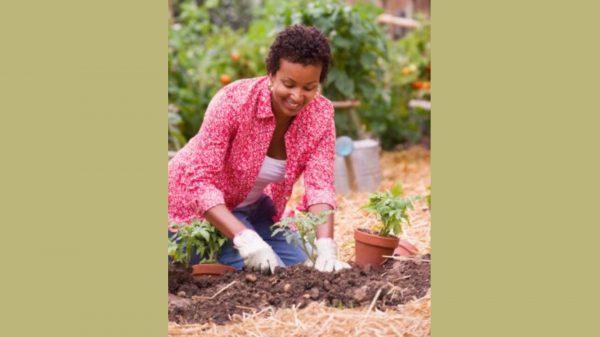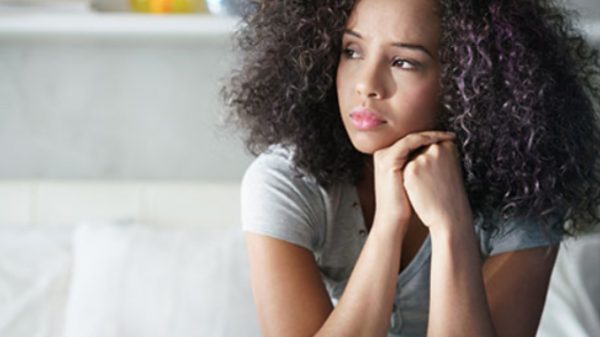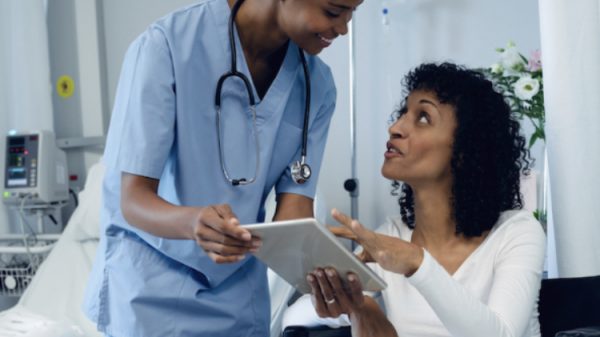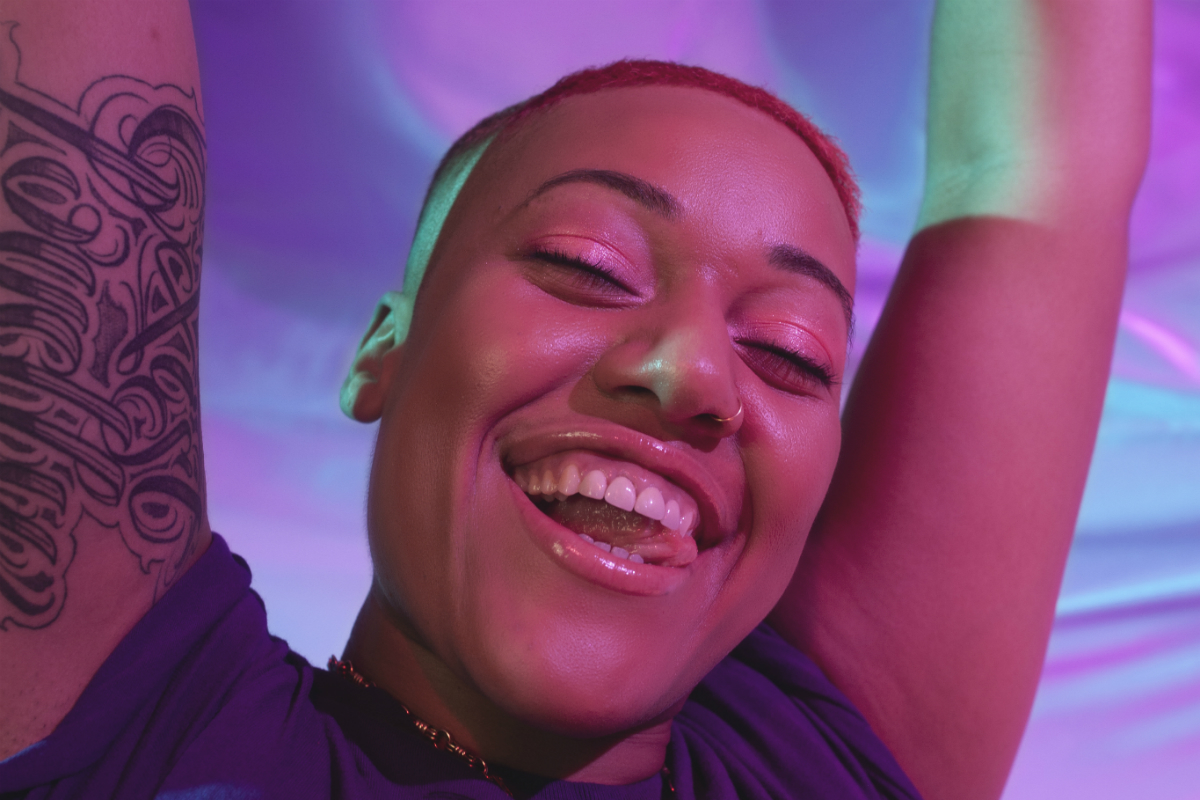Too often, media presents being Black (or a person of colour) and being LGBTQ+ as separate entities. If you’re Black, it’s assumed you’re straight; and if you’re queer, you’re white.
Though we know this to be untrue, in practice lots of media coverage still puts forward an idea that fully doesn’t take into account those who exist at the intersections of these identities.
To round off LGBTQ history month, and in collaboration with Absolut’s A Drop of Love campaign, we’ve spoken to Tanya Compas, a caseworker for an LGBTQ charity and writer, about representation for Black queer people, and how the media at large can do better…
Pride Magazine: Hi Tanya! To start, I’d love to know: why do you do what you do?
Tanya Compas: I do what I do because growing up, I felt like I didn’t see myself in any of the people that were in mentor or in role model positions; there wasn’t people that I could relate to, or thought looked like me. I’m somebody who didn’t realise that Black people could be gay, because I didn’t know any Black people, especially women. For me, it’s important to speak to young people and let them know that we exist, and that Black women are not just a a monolithic group; we exist in many different identities. That’s really important to me; to support young people, especially those who don’t have people like them in their everyday lives.
Recently I did a talk at Stonewall, and I spoke about myself and coming into my queerness around age 22/23. It was a very very honest talk, and I think for them, it enables them to fell comfortable to speak about these things. Brands only want to kind of hear the happy stories relating to being queer, and a lot of time it can be quite shit, and that’s the reality of it. It doesn’t serve anybody by being, y’know, “I’ve had the best time ever!” I’d never change the fact that I’m queer, I love the fact I am, I think it’s incredible. But it does put you in positions where you learn how to deal with thing you wouldn’t have to if you were straight.
Queerness, sexual fluidity and blackness — in 2019, are you seeing these elements more widely represented in the media?
No; I think it’s stayed the same. Audre Lorde is one of my favourite people and she always writes about the erasure of being Black and lesbian, and I think that’s still the same now. Even with the young people: I asked them to name Black British queer people and the only person they could think of was Munroe Bergdorf. Obviously Munroe is amazing, but that’s the only person they could list, and that shows there’s a problem — because there’s so many of us in the community and for them to only see one person, they can feel very much alone. You feel like there’s nobody else that exists that looks like you or sounds like you, or is going trough the same stuff as you. I feel like the media in general, particularly in the UK, we’re only used to telling the stories of being ‘black’ or ‘queer’. Black women in general aren’t given the representation that we’re deserved — people want to do it in steps they’re comfortable with, so it might be a slim,very pretty black light-skinned woman who’s put on TV or used for campaigns, as opposed to someone who is [darker] and queer, because they’re not really ready for it yet. They don’t wanna show stories like that; they think it’s too political even though our lives shouldn’t be political.
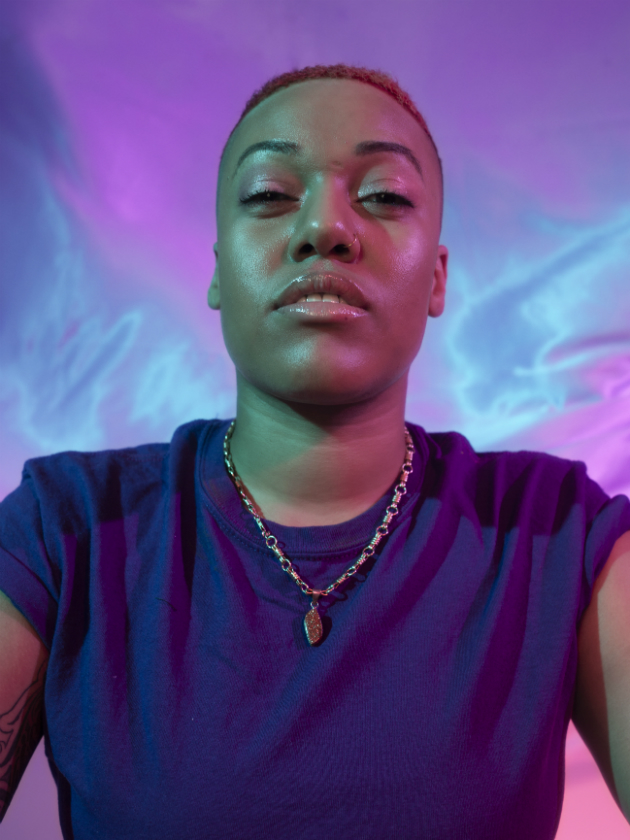
You identified as ‘straight’ until you were around 22/23 years old. What did you gravitate towards when you were first wanting to explore your queer identity?
Books was the first stop. Reading Audre Lorde — as well as social media. I was watching Black lesbians on YouTube, but they’re all American. They’ve been more visible than what we are in the UK; there’s one or two now. Other than that, there’s not that many; it’s an arena that we should push because there can never be too much representation of Black queer people. Once you see it, your world changes because you suddenly feel like it’s okay to accept that part of your identity, or explore it.
You’re working with Absolut for the A Drop of Love campaign; what initially attracted you to the campaign?
The fact that the campaign was based upon building allies, and I think that allyship is something that is so important. It’s so integral to the LGBTQ+ community. A lot of brands and companies create these campaigns but they’re so stereotypical — rainbows everywhere, very glittery… not very real. With the Absolut campaign, the shoot itself with blue and purple colours, nothing to do with the Pride flag. Nothing wrong with that, but this felt different. The campaign is majority black or POC [people of colour], which was really important. And, being able to write about what it means to be an ally and how people can be better allies. When people sign up to the Absolut A Drop of Love campaign, they can read words by myself or Liv Little, and others, to hear how to be better allies. Learning how to be an ally is really important because it enables us to be able to be ourselves, and exist as ourselves in spaces that may be heterosexual, or may not cater to the LGBTQ+ community.
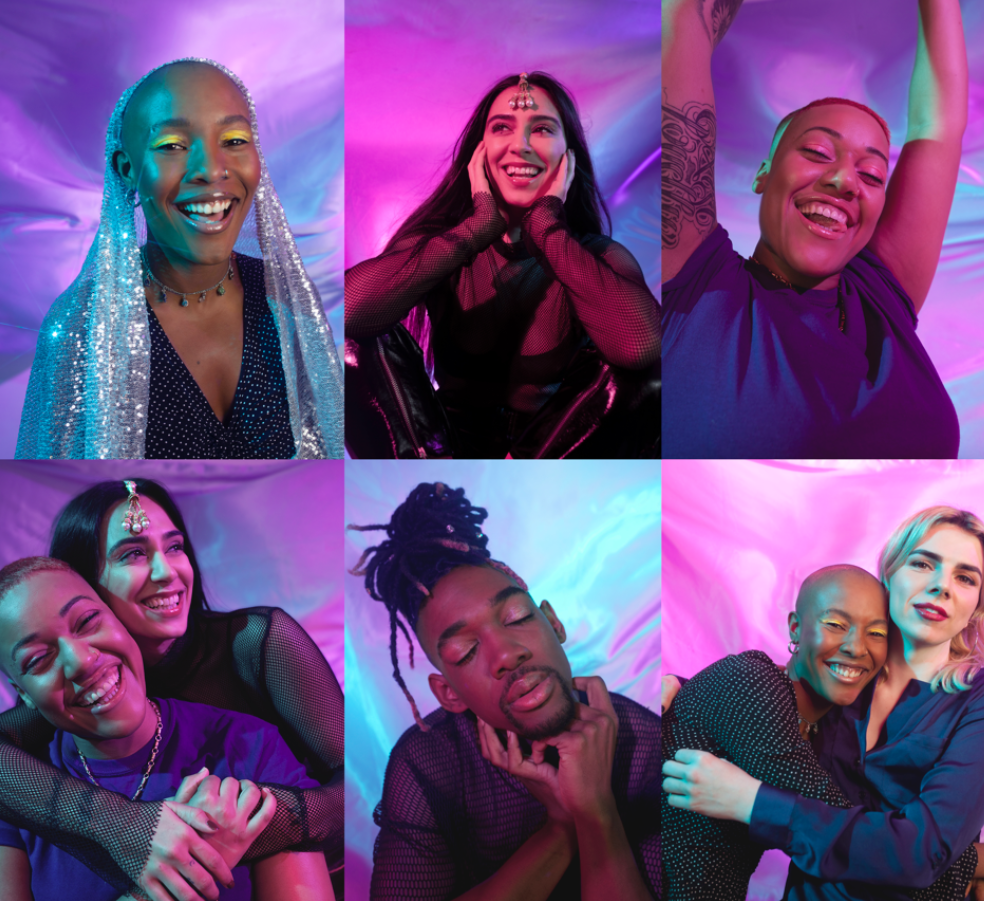
And finally, who’s someone in the Black queer community who’s meant a lot to you?
Audre Lorde, and Lady Phyll, of UK Black Pride. Lady Phyll, I refer to her as my queer mum. I think that she is an absolute angel put on this earth. She for me is the definition of what it means to be an activist. Nowadays activism and capitalism can come hand in hand, where you can make money from having it be a part of your identity. But I think sometimes that means that some people’s intentions behind doing activism can be misconstrued. They do it for the money, not because they want to see change; they do it because they wanna change their own lives, not the lives of other people.
Phyll’s been out here, living as an out Black lesbian woman for years and years, and she’s been doing the work: within the community, for the community, without even shouting about it. She’s been doing the work. She’s taken me under her wing and really mentored me. When she meets everybody, she gives everyone a really warm embrace, and lets you know you’re welcome and that everyone’s gonna be okay. Everybody needs more Lady Phylls in their lives, because she’s an unapologetic Black lesbian woman. I’ve never met anyone like that. And for someone who’s older, with a voice, it’s really important. A lot of us are under 30, and there are Black queer people who exist that are older — but you may not have access to them if they’re not in your immediate circle. Phyll makes you feel like everything’s gonna be okay, because she’s out here putting in work for everybody — she’s absolutely the best person in the world.
For more information about Absolut’s A Drop of Love campaign, please visit www.absolutdrop.com










